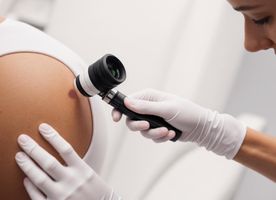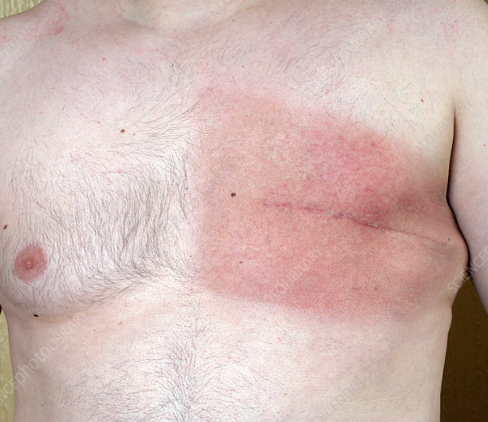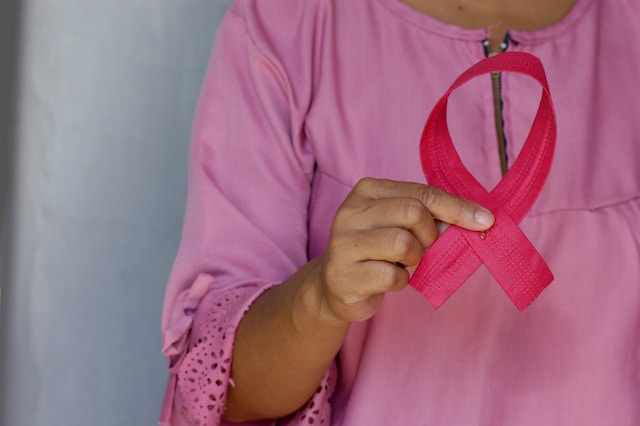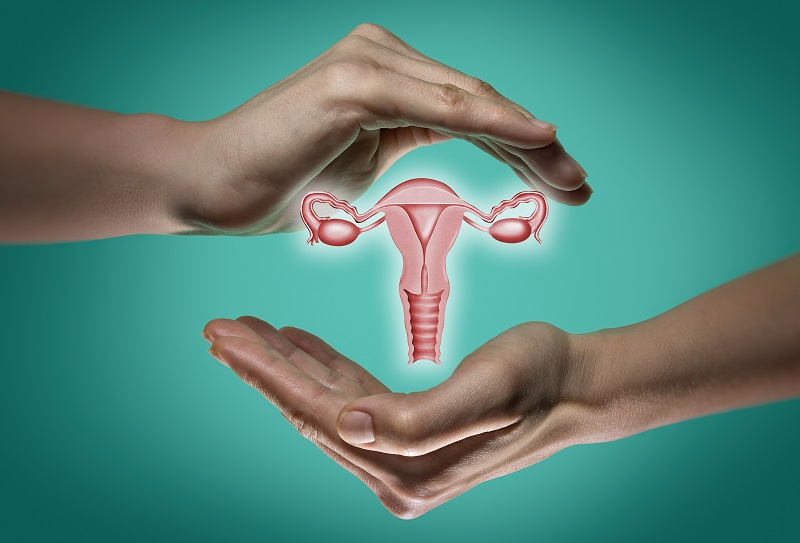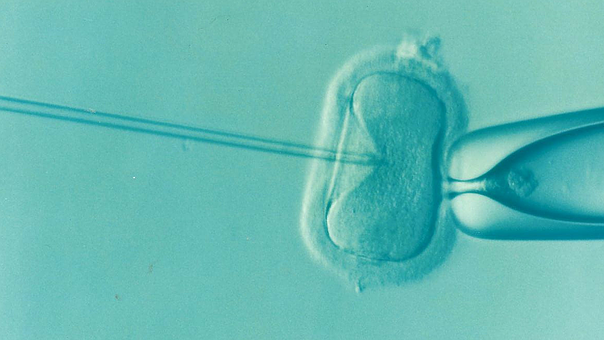Male Breast Cancer Treatment in Garhoud
Search and Compare the Best Clinics and Doctors at the Lowest Prices for Male Breast Cancer Treatment in Garhoud
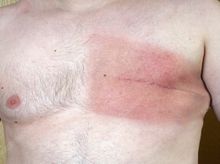





Male Breast Cancer Treatment at Prime Hospital in Dubai, United Arab Emirates
Our partner clinics in are accredited by the following associations




































































































































No Time?
Tell us what you're looking for and we'll reach out to the top clinics all at once
WHY US?




































































































































No Time?
Tell us what you're looking for and we'll reach out to the top clinics all at once
What does the Procedure Involve?
Surgery
Surgery is usually the first treatment if a breast abnormality is found to be cancerous. It aims to remove the tumor, as well as some surrounding breast tissue. There are several types of surgery that can be performed:
-
Mastectomy – The most common type of mastectomy performed in men is called a modified radical mastectomy. This surgery involves removing the nipple, areola (the dark, round area around the nipple), and all of the breast tissue. Many of the lymph nodes under the arm, and sometimes, part of the chest wall muscles may be removed as well.
-
Lumpectomy – Also known as breast-conserving surgery, lumpectomy is a procedure to remove cancer but not the breast itself. It involves removing the tumor (lump) and a small amount of normal tissue that surrounds it. However, this type of surgery is rarely done because men’s breasts are very small. By the time the tissue and the surrounding tumor have been removed, very little breast tissue is left.
-
Sentinel lymph node biopsy – this type of surgery involves removing a few lymph nodes for testing. The lymph nodes are most likely to be the first place that cancer cells would spread. Your doctor will remove a few lymph nodes and analyze them. If no cancer cells are found, then there is a good chance that breast cancer has not spread. However, if cancer is found, additional lymph nodes will need to be removed for further testing.
Chemotherapy
Chemotherapy is a type of treatment that uses drugs to stop the growth of cancer cells, either by stopping the cells from dividing or by killing them. Chemotherapy drugs can be administered through a vein in your arm (intravenously) or taken by mouth in the form of a pill. Sometimes, both methods can be used. This type of treatment may be carried out after surgery to lower the risk of your breast cancer coming back. In men with advanced breast cancer or those with cancer that has spread to other areas of the body, chemotherapy may be the main treatment option.
Hormone therapy
Some types of breast cancer rely on certain hormones to grow (hormone receptor). With hormone therapy, the effects of these hormones are blocked. As a result, the growth of the cancer is stopped.
Hormone therapy for male breast cancer usually involves medication called tamoxifen. In some cases, the removal of the testes reduces the amount of certain male hormones in your body. Men who have breast cancer should never take testosterone as it causes the cancer cells to grow.
Radiation therapy
Radiation therapy is a type of treatment that uses high-energy beams, such as X-rays and protons, to kill or stop cancer cells from growing. Radiation therapy has two types:
-
Internal radiation therapy uses a radioactive substance that is sealed in seeds, wires, needles, or catheters that are placed near or directly into cancer.
-
External radiation therapy involves the use of a machine outside of the body. This machine sends radiation toward cancer.
Targeted therapy
Some men have an excess of a protein (HER2) that can make cancer spread quickly. In this case, your doctor will use drugs or substances to identify and attack specific cancer cells without harming normal cells. The drug may also boost your immune system, which gives it more strength to fight cancer.
How Long Should I Stay in Garhoud?
Your length of stay depends on the type of treatment you have. With surgery, you usually need to stay in the hospital for at least a day and stay in Garhoud for about 7 to 10 days. For chemotherapy, hormone therapy, radiation therapy, and targeted therapy, your length of stay can vary depending on your treatment schedule or treatment plan. Your doctor and/or medical travel team will be able to advise you on this.
What's the Recovery Time?
The recovery time for surgery can take around 4 to 6 weeks, but you should be able to return to work in 2 to 3 weeks following the surgery. Side effects after chemotherapy, radiation therapy, hormone therapy, and targeted therapy generally reduce within a few weeks to several months.
What About Aftercare?
After any type of treatment, your doctor will give you detailed aftercare instructions, what you should and foods to avoid, exercise your plan and restrictions. It is important that you follow the instructions closely. Remember, you will require regular checkups with your doctor for the rest of your life.
What's the Success Rate?
Male breast cancer treatment is safe and effective. However, the success rate depends on the stage of cancer and how fast the cancer is growing. All types of treatment carry possible risk and side effects, such as infection, bleeding, hematoma, nausea, vomiting, hair loss, and heart problems.
Are there Alternatives to Male Breast Cancer Treatment?
There are currently no other alternatives to the treatments mentioned above. Some men with breast cancer take part in a clinical trial. A treatment clinical trial is a research study used to obtain information on new treatments or help to improve current treatments for patients with cancer.
This information has been accurately sourced and verified by a medical professional for its accuracy, however, we strongly recommend you to consult with your doctor before pursuing medical procedures overseas.

